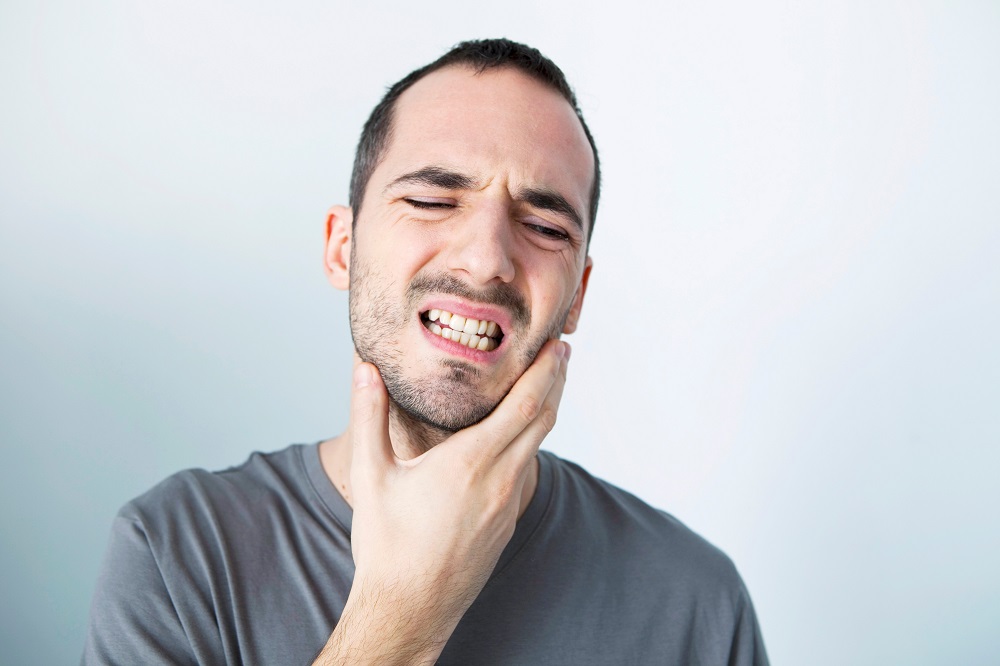When you have a headache, your jaw may not be on your mind, but there is an aspect that is essential to keep in mind. The temporomandibular joint also referred to as the TMJ, is a tiny hinge connecting your jaw to your skull. This joint is remarkable as it enables essential tasks like talking, laughing, and chewing while allowing your jaw to move smoothly up, down, and side to side.
The TMJ can have problems because of its complex hinge and sliding motions, resulting in a variety of symptoms known as temporomandibular disorders (TMD). One of these symptoms, headaches, shows the unusual relationship between jaw health and those distinct head problems.
What is TMJ disorder?
The temporomandibular joint (TMJ) is the joint that connects the jaw to the skull. A TMJ is on each side of the face, in front of each ear. These joints allow the movements needed for speaking, eating, and facial expression.
“TMJ” has also been used to describe jaw-related health issues. To differentiate it from TMJ diseases, the temporomandibular joint is often called “TMD” or “TMJ.”
Common causes of TMJ disorders
Let’s break down the common causes of TMJ disorders in an easy-to-understand way:
Stress and tension: Just like the rest of our body, our jaw can get stressed out, too. If you’re feeling tense or anxious, you might clench your jaw or grind your teeth.
Teeth grinding is like your jaw’s version of the wrong workout. Your jaw can be irritated when you grind your teeth, especially at night.
Jaw Injury: Like any other joint, a blow to the jaw or a car accident can throw your TMJ out of whack. Even minor injuries can trigger TMJ issues.
Arthritis: Arthritis may affect your jaw. This disease’s discomfort in the temporomandibular joint (TMJ) can result in facial pain and suffering. If you have these symptoms, getting TMJ treatment in Red Deer can make you feel better and provide relief.
What are the symptoms of TMD?
- Jaw Pain: When your jaw hurts, often around the ear area.
- Clicking or popping: Weird sounds like a click or pop when you move your jaw
- Chewing Problems: Feeling discomfort or pain when you eat
- Jaw stiffness: trouble fully opening your mouth, especially when yawning
- Ear Discomfort: Sometimes, your ears ache, even if there’s nothing wrong with them.
- Jaw Locking: In extreme circumstances, opening or closing your mouth may become rigid.
Treatment Options for TMJ Disorders
There are several different modes of care that you can explore depending on your preferences, needs, and budget, including:
Self-Care Techniques: Reduce the stress on your jaw by having softer meals, avoiding chewing a lot of gum, and trying different ways to relax, like soft jaw massaging or deep breathing.
Physical therapy: Consider it a type of jaw exercise where a qualified therapist will use tools like ultrasound to stretch and build up your jaw muscles.
Injections: An oral surgeon may perform jaw injections for unexpected TMJ symptoms, giving specific relief for pain and swelling in the jaw joint.
Surgery: Surgery becomes a real possibility when dealing with severe TMJ problems. This method entails surgical interventions intended to replace or repair problematic joints. Consulting a dentist near you can help you determine whether surgery is the best treatment method for your particular TMJ disease.
When to Seek Professional Help
You must seek medical care immediately for ongoing signs like jaw pain, clicking, chewing, and jaw locking. A dentist or another doctor can prescribe effective TMJ therapies once they assess your issue, diagnose it, and offer a treatment plan. Be open to asking for help when needed because early intervention often results in better outcomes and an improved quality of life.
Come to Blackfalds Dental Centre
TMJ disorder may allow jaw pain, frequently ignored, to worsen into pain and headaches. Fortunately, there are a few temporomandibular joint disorder treatment options available. See a doctor immediately to get a proper diagnosis and successful therapy if you have TMJ symptoms.
FAQs:
Can TMJ disorder be cured?
TMJ disorder may often be effectively addressed, and symptoms can get better. Many people find relief through treatments suited to their circumstances, even though an exact “cure” isn’t always specific. Early consultation with a doctor and adhering to your treatment plan.
Are TMJ disorders severe?
TMJ disorders may be inconvenient and affect your regular activities, but they’re usually not so severe as to be critical. But if you have these symptoms, you must get help immediately since they can lead to severe pain, discomfort, and a general decline in quality of life.
What will happen if TMJ disorder is not treated?
Ignoring treatment for TMJ disorder may cause symptoms to worsen, including worse jaw pain, increased difficulty communicating and eating, and constant pain. Further, it could end in chronic jaw tearing or buzzing.

